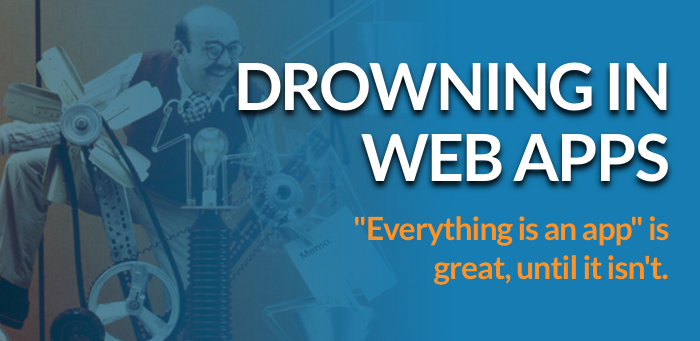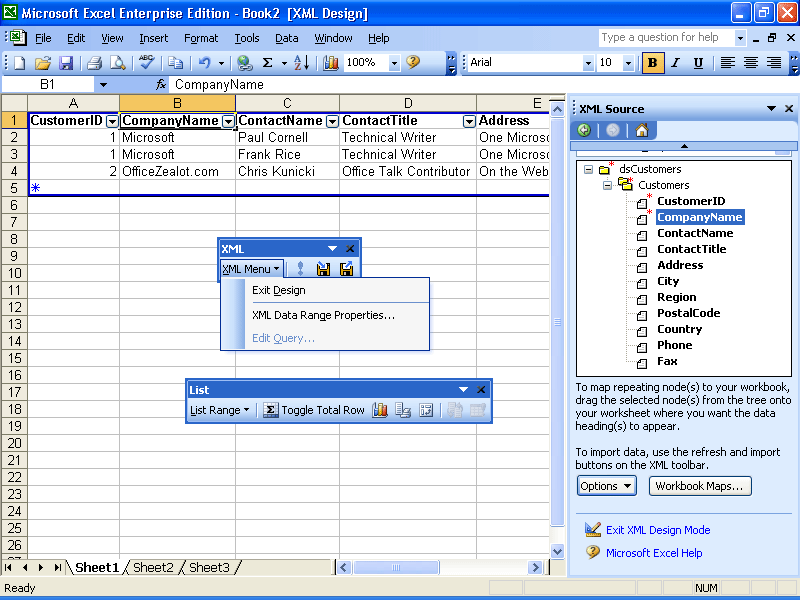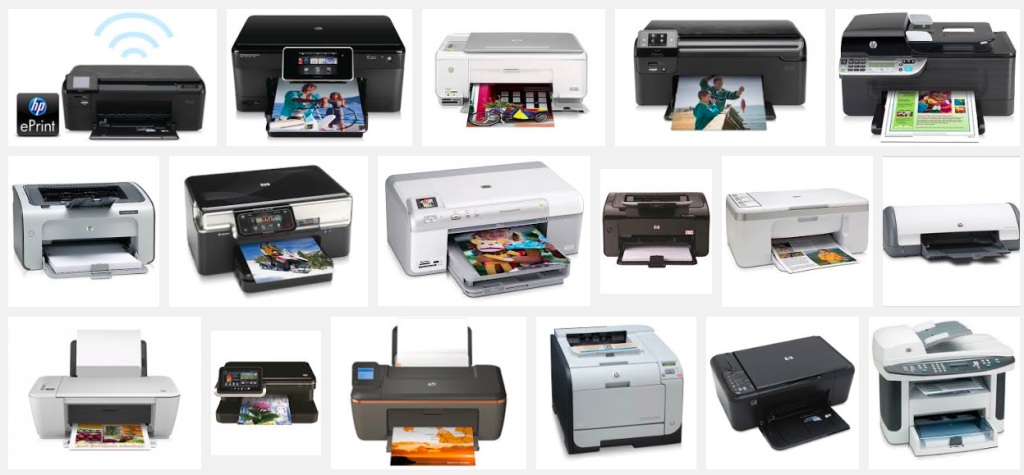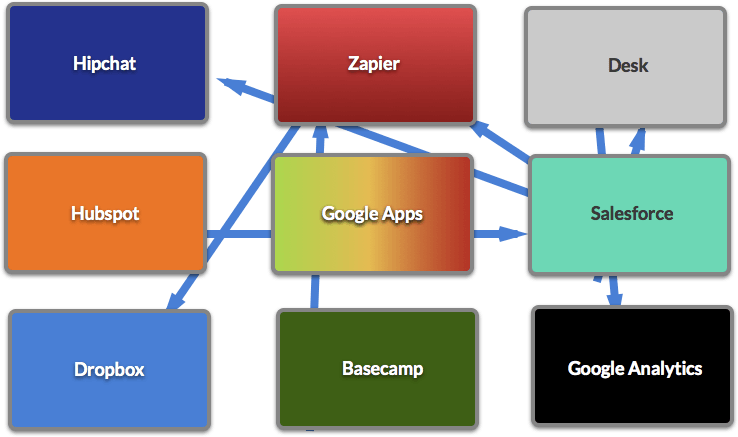You are viewing our site as a Broker, Switch Your View:
Agent | Broker Reset Filters to Default Back to ListSo Many Apps! How Much You Pay for Software Might Surprise You
September 03 2014

Everything is an app
One of the more common "let's make fun of the millennials" tropes is the idea that today, people want everything personalized, and on-demand. And like a lot of tropes, there's at least some truth to this — everything from television channels to burrito options are under increasing pressure to be offered a-la-carte, so you can get what you want without paying for what you don't.

The bad old days. Hope you enjoyed paying hundreds of dollars per user.
The web has been a big cause (and proponent) of this, and in a lot of ways, it's been a huge advantage to small business and entrepreneurs. A-la-carte software systems allow you to quickly spin up a functional, customizable information structure in a few hours, which is pretty amazing if you ever have the opportunity to do it, as I did at my last startup. Need a toll-free number? Accounting system? Time tracking? Done, done, and done. Plus, since all of this stuff is independently purchased, if it any of it becomes obsolete, you can simply dump it without breaking the rest of your system. We've successfully commoditized functionality!
In general, this was a sorely needed direction for software. The pre-web era gave us increasingly broad, ill-fitting suites of tools — here's a weird database to go with that word processor you wanted — and charged us for everything. In theory, the different applications would be conveniently "integrated", but anyone who's fought with an old version of something like Microsoft Office can speak to the unexpected challenges that came with this sort of thing.
Today, integrations come in the form of at least semi-open APIs, and today, two products from different companies often work together more seamlessly than two 1990s-era applications from the same suite. It's amazing, and best of all, it gives customers options.
No, seriously, EVERYTHING IS AN APP
Of course, there comes a point where an increasing number of options isn't always desirable — just ask the millions and millions of people who aren't interested in unlocking their iPhone, or building their own PC. The benefit of fewer moving parts is greater predictability, and a larger number of fellow travelers who are going through exactly the same thing as you. In a hyper-personalized world, that number is often close to zero. Troubleshooting any more than three variables (say, a wireless printer, router, and laptop) can make you feel like the loneliest person on the planet.

Sometimes choice creates problems.
Personally, I think we're starting to reach this saturation point with web applications. $20 a month may not sound like much, especially for powerful, well-executed tool, but how many times can you afford to pay that? Can you get ten apps? Fifty? A hundred? How many user names and passwords do you have to keep track of? How many times will you need to update billing information if you change a credit card?
At Contactually, we don't just make one of these apps — we use a ton of them, every day, across multiple teams. But that also means we have overlapping functionality ("no, we're using the Basecamp calendar now"), some systems that connect, and some that live on an island. In a weird way, we (and we're not alone here) resemble a tech company from the 1980s, with an overall system that may consist of popular, well-known parts, but is connected and organized in a completely unique way that creates new inefficiencies of its own.
Can we simplify?
At this point it should be obvious that the ideal solution to these problems doesn't sit at either extreme end of this spectrum. We probably don't want to buy "BusinessWorks 2014 Silver Edition" and suffer inside an expensive, inflexible pile of proprietary tools that don't align with our needs. But we don't want to duct-tape together a working environment from individual parts that are so small, we might as well be developing it ourselves.
I don't know what the magic number is, but think of it this way: if one app is easy to manage, but not a very good fit, and a hundred apps are impossible to manage, but cover your needs exactly, what would ten apps look like? Sure, you might not have exactly the time-tracking features you want, but if they came built into an HR system you generally like, wouldn't that be easier — and possibly cheaper?
The big crunch
The point is, there's a cost to adding additional systems to your working environment, and at some point, that cost exceeds the benefits that come with it. One more set of user credentials, one more $20 a month charge, one more API to figure out... where do businesses of different sizes start drawing the line, and just as importantly, how do they decide where that line is?
My concern is that if we don't start thinking about this now, the inevitable backlash will be bigger and more unproductive than it needs to be. The last thing you want to do is stop considering great new technologies, just because you're tired of the process. You'll only miss out on better things, and eventually fall behind your competitors.
Instead, I think companies need to start getting ahead of the problem. Can multiple applications be consolidated into one that's good enough? If money is no object, can you integrate them into a common, universal system through APIs, or connection services like IFTT, or Zapier? Do you even know what the apps you already have can really do?

Hang on, this could get complicated. Also, this is missing about 35 other apps.
If you're a large business, it's quite possible that you're stuck in large-organization hell — your IT department is willing to help you, but only if you do things the way they want to (which is designed to minimize work for them, not to maximize productivity for you). Frustrated, you sneak off on your own and start collaborating on Dropbox, and Basecamp, and Trello, until all of a sudden you need help integrating your secret network of services, and you can't find it.
But if you're on your own, or working inside a small business, there's nothing stopping you from taking the initiative before your tools get too numerous, complex, or expensive. Start thinking about what features and functions you really and truly can't live without, and build outward from there. You'll save money, simplify your processes, and you'll still be able to scratch your personalization itch.
So how about you? What's your monthly technology budget? Let's say you had to cut $100 in monthly service costs next month. Where would you start?
To view the original article, visit the Contactually blog.









